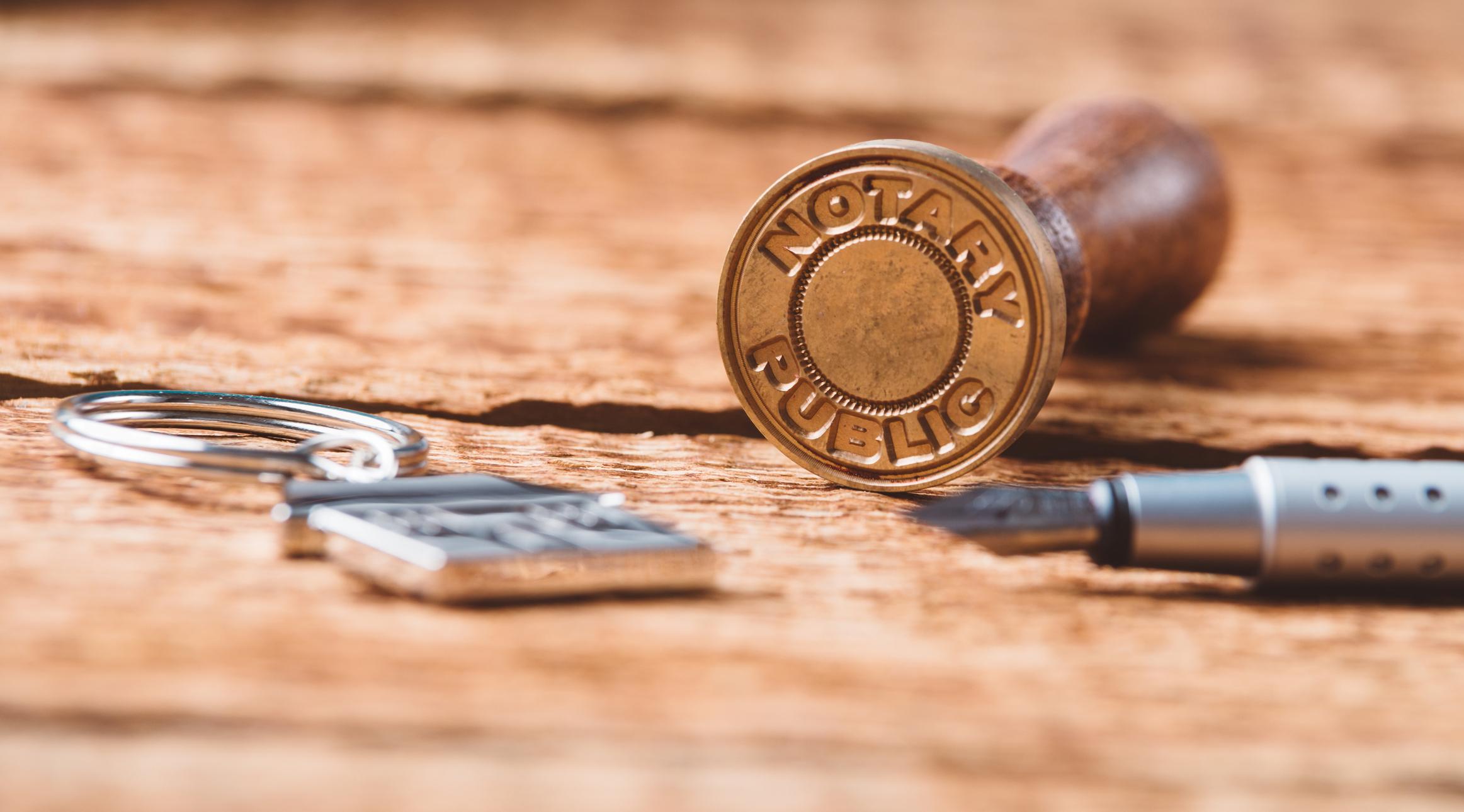Notary Public: Your Trusted Witness and Paper Authenticator
Notary Public: Your Trusted Witness and Paper Authenticator
Blog Article
Debunking Notarial Job: Simplifying the Function and Value of Notaries
In the elaborate web of lawful paperwork and confirmation, notaries stand as columns of assurance and credibility. Their role, typically shrouded in enigma for several, brings significant weight in ensuring the legitimacy and honesty of vital documents. As guardians of legality and truth, notaries play a critical part in our society, yet their work is not always completely comprehended. By untangling the intricacies losing and bordering notarial techniques light on the significance of their acts, a clearer understanding emerges of the important role notaries play in supporting the material of lawful and legal contracts.
The History of Notarial Work
The history of notarial work days back to ancient worlds, where scribes played an essential duty in taping important info and confirming records. This led to the growth of notaries, individuals designated by the state to act as unbiased witnesses in lawful matters.
During the Center Ages, notaries obtained prominence in Europe, with their features increasing to include composing lawful records, accrediting trademarks, and maintaining records. The increase of global trade better emphasized the relevance of notarial job in confirming agreements and arrangements across boundaries.
In the modern-day era, notaries remain to play an essential function in legal and company transactions by validating identities, confirming the authenticity of records, and protecting against fraudulence. Their function in licensing the legitimacy of agreements adds a layer of safety and security and trust to the ever-evolving landscape of business and regulation.

Responsibilities and Responsibilities of Notaries
The historical advancement of notarial job from ancient civilizations to the contemporary period has actually formed the unique obligations and duties that notaries promote in lawful and service purchases today. Notaries play an essential duty in confirming the authenticity of papers and the identity of signatures. Among their main responsibilities is to witness the finalizing of essential documents, such as wills, agreements, and acts, to guarantee that all parties are participating in arrangements knowingly and voluntarily. Notaries also validate that signatories are of audio mind and not under discomfort or browbeating.
Furthermore, notaries are tasked with administering vows and affirmations, which are essential in lawful process and the execution of sworn statements. They license copies of initial records, providing assurance to establishments that the duplicates hold true replicas of the originals. Notaries need to keep accurate records of all purchases they manage to make certain openness and accountability. In general, the responsibilities and obligations of notaries are crucial in safeguarding the honesty and legality of various files and deals.
Notarial Certificates and Signatures
Exemplifying careful interest to detail, notarial certificates and signatures function as vital elements in validating the credibility of lawful files. Notarial certificates generally include essential information such as the day of notarization, the names of the signatories, a summary of the paper, and the notary's official seal. These certifications provide a clear document of the notarial act, making sure that the paper can be easily identified and mapped back to the notary who supervised the procedure.
Signatures play a pivotal duty in notarial work, as they signify the agreement and authorization of the celebrations involved. Notaries meticulously witness the finalizing of files to validate the identification of the notaries and confirm that they are signing of their own free choice. By fastening their main seal and trademark to the file, notaries accredit that the necessary treatments have been followed which the paper is valid and enforceable.
Basically, notarial certificates and trademarks are the hallmark of credibility in lawful transactions, supplying assurance to all celebrations entailed that the documents are legit and binding.
Importance of Notarial Acts

Notarization Process Explained
The registration procedure usually starts with the specific offering the file to a notary public. When the identity is validated, the notary makes sure that the private signing the record does so voluntarily and without any threat.

Verdict

Notarial certifications commonly contain important details such as the day of notarization, the names of the signatories, a description of the paper, and the notary's main seal. These certificates offer a clear document of the notarial act, making certain that the file can be conveniently identified and mapped back to the notary who supervised the procedure.
By fastening their official seal and signature to the document, notaries accredit that the essential treatments have been followed and that the file is legitimate and enforceable.
By verifying the identification of the signatories, confirming their desire to get in right into the arrangement, and accrediting the day and area of the finalizing, notaries play a critical role check that in promoting the validity of legal documents.After the paper is signed, the notary will certainly attach their main seal or stamp onto the paper.
Report this page